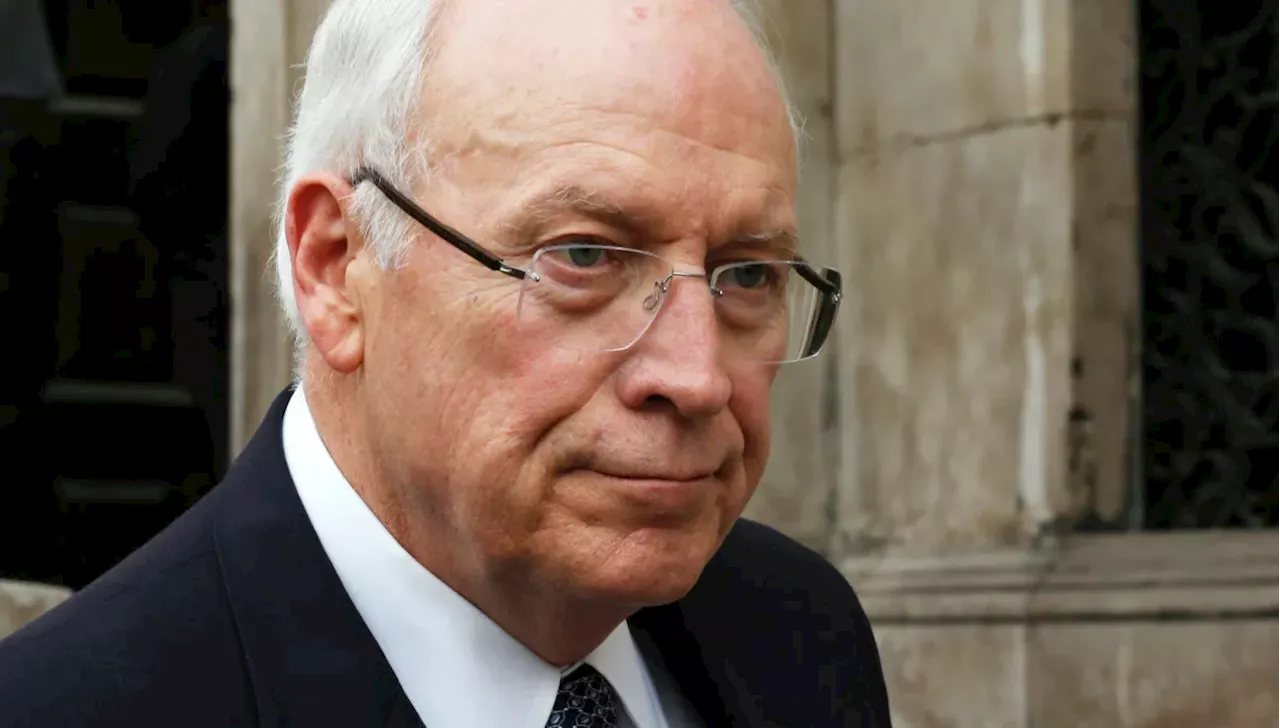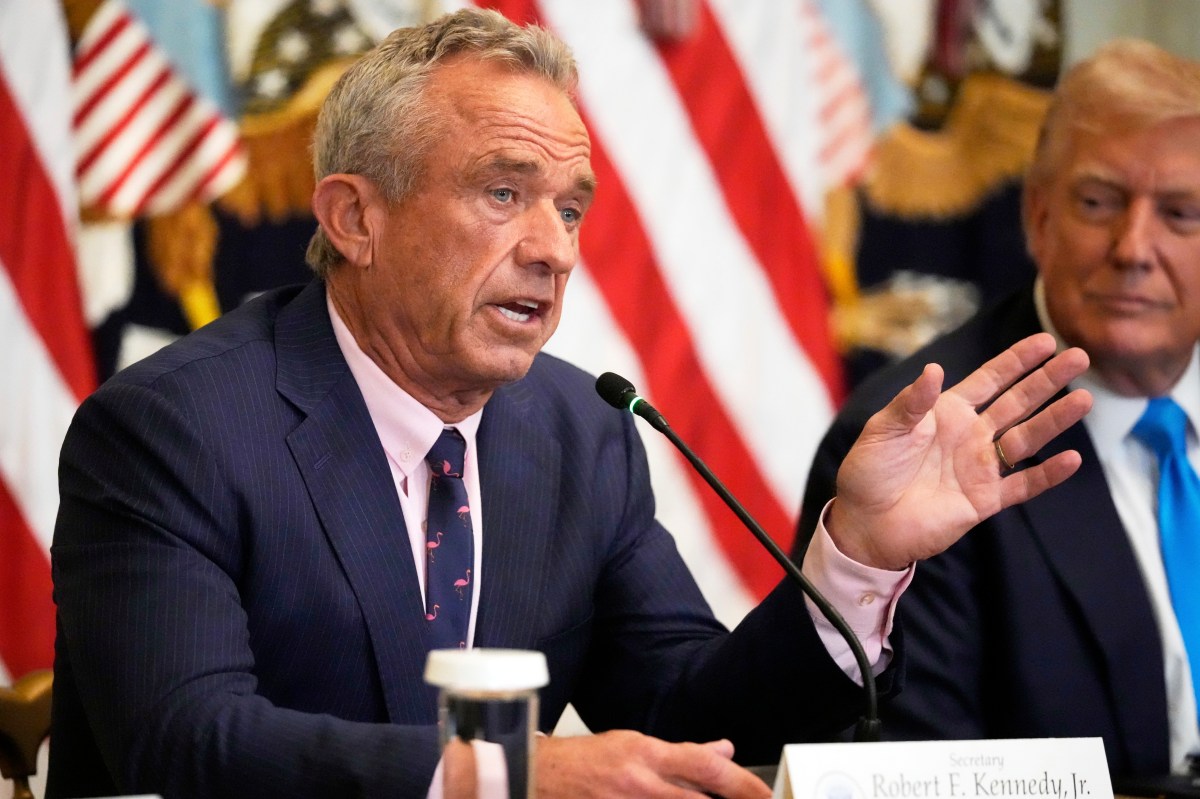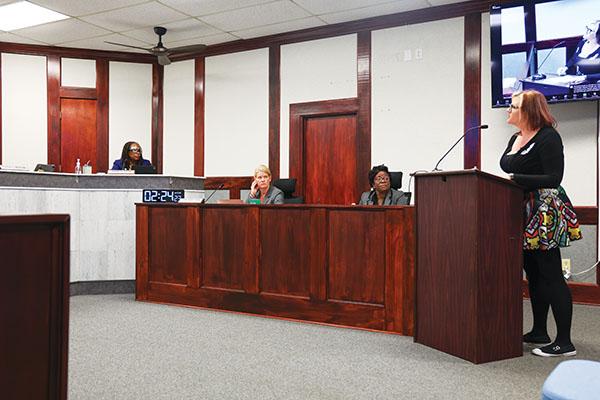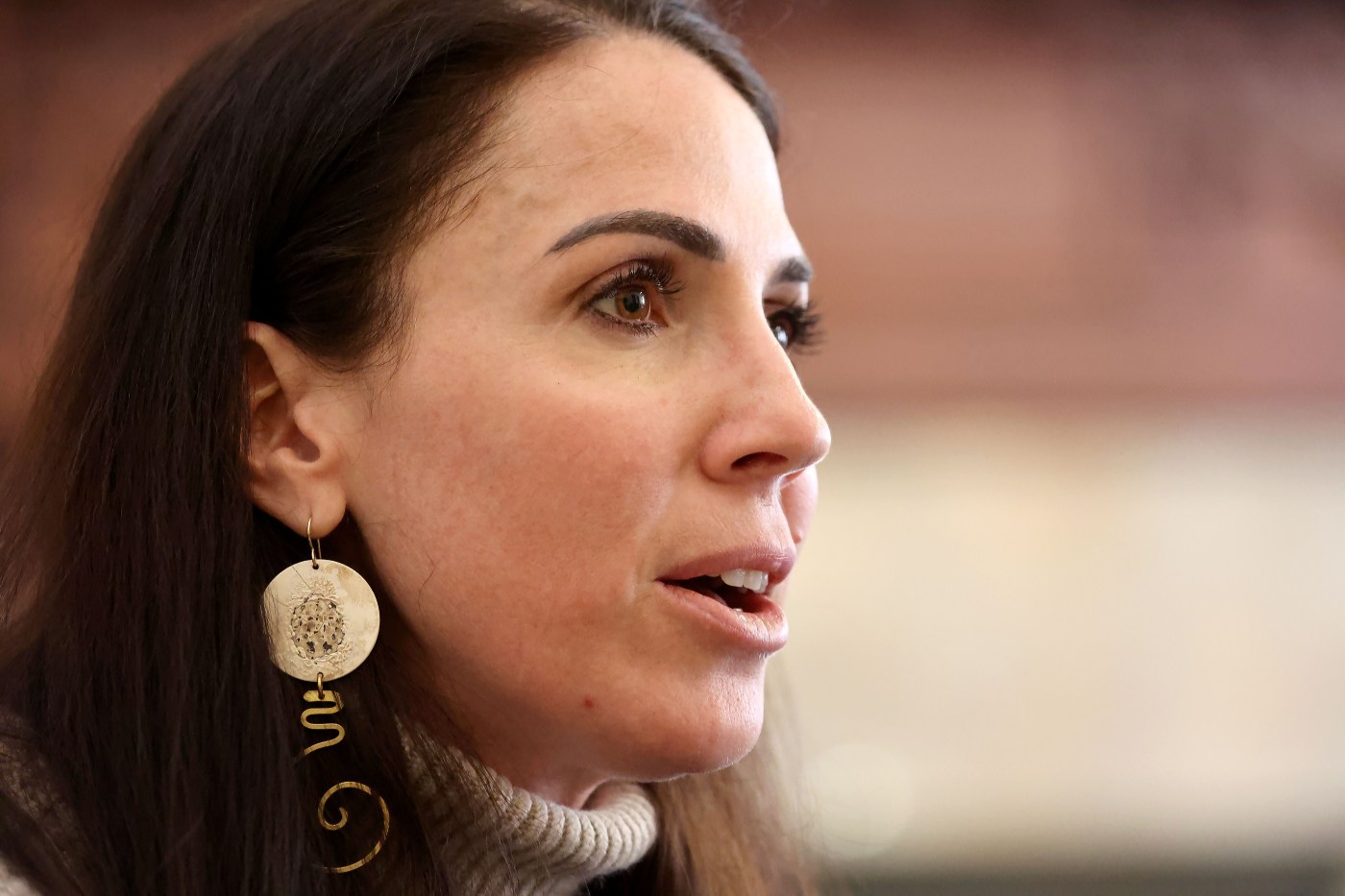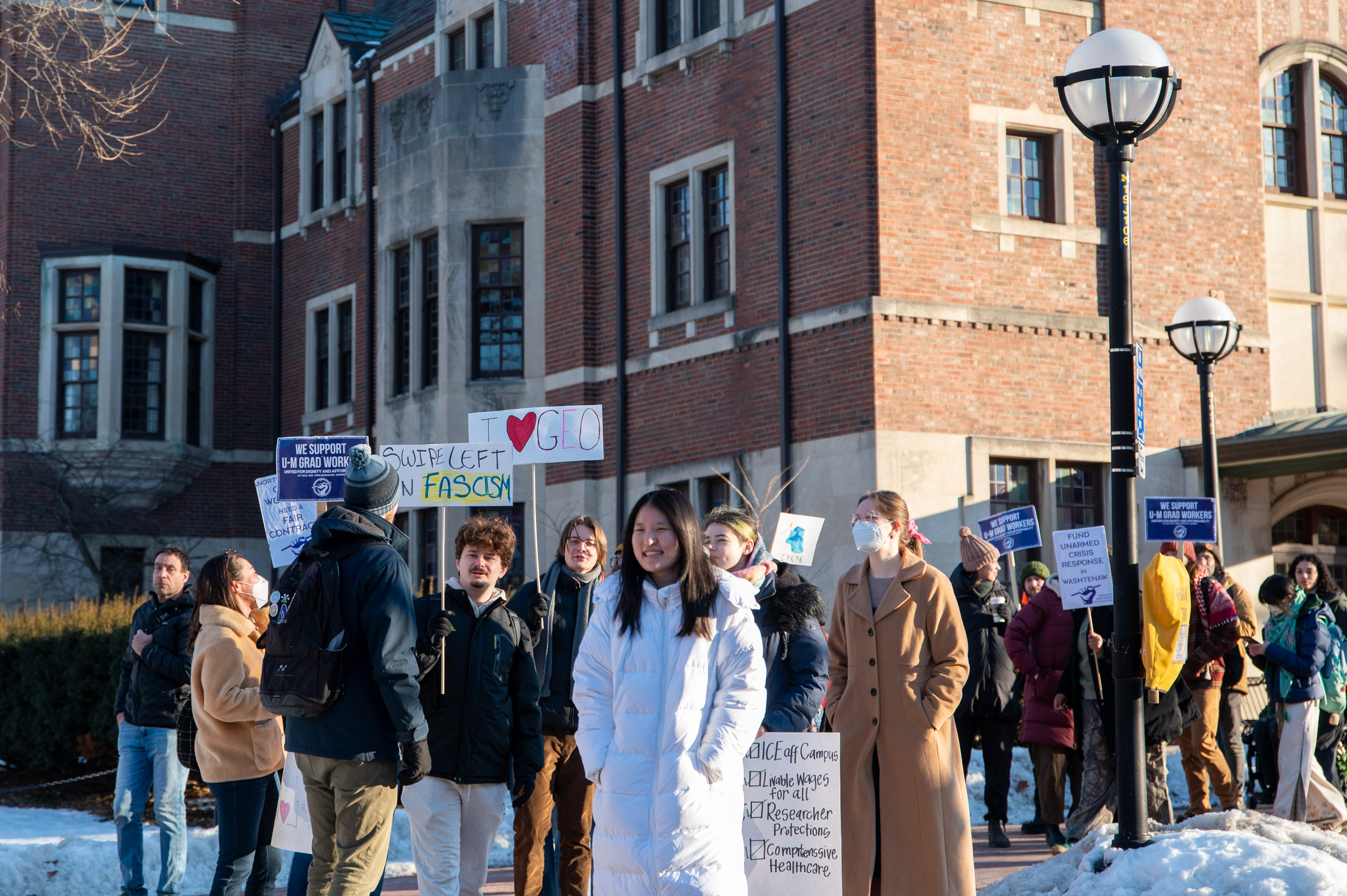Former Vice President Dick Cheney passed away earlier this month at the age of 84, leaving behind a complex legacy defined by his unwavering determination and significant influence on American politics. Over a career that spanned several decades, Cheney’s role in the political arena was marked by bold decisions and an unyielding approach to leadership.
Cheney’s career began when he became White House Chief of Staff at just 34 years old, following a series of early challenges, including a stint at Yale University that ended in failure. His political journey took off after he was awarded a fellowship from the American Political Science Association in Washington, where he made a strong impression on prominent figures in politics, including William Steiger, who was instrumental in pushing through key tax legislation.
During the turbulent political landscape of the 1970s, Cheney demonstrated remarkable fortitude. He navigated significant national crises, such as the resignation of President Richard Nixon in 1974 and the evacuation of U.S. troops from Saigon the following year. His early roles in Washington led him back to his home state of Wyoming, where he successfully won a seat in the U.S. House of Representatives in 1978.
Cheney’s political acumen was further highlighted during the Iran-Contra affair and his subsequent rise within the Republican Party. He became House Minority Whip and, after the election of President George H. W. Bush, was appointed Secretary of Defense at the age of 48. This role saw him taking charge of military operations during the Gulf War, notably orchestrating Operation Desert Shield and demonstrating a decisive leadership style.
Throughout his vice presidency under President George W. Bush, Cheney faced significant scrutiny, particularly after the events of September 11, 2001. He was a staunch advocate for aggressive national security measures, arguing that enhanced interrogation techniques and military intervention in Iraq were justified to prevent future terrorist attacks. Cheney’s actions during this period were met with both support and criticism, reflecting the polarized nature of American politics.
Despite the challenges he faced, Cheney remained resolute in his convictions. He was notable for supporting controversial policies and taking risks that many political figures would avoid. His political legacy is complex; while some view his recommendations as blunders, others argue that his approach was necessary given the threats faced by the United States.
Cheney’s personal life also reflected his unwavering support for his family. He publicly backed his daughter, Liz Cheney, during her opposition to former President Donald Trump’s actions surrounding the January 6 events, marking a significant moment in the Cheney family’s political narrative. His support extended to his daughter Mary Cheney, who is openly gay, showcasing his willingness to stand by his loved ones regardless of prevailing political sentiments.
As the nation reflects on Cheney’s life and career, it is clear that his impact on American politics will be felt for years to come. His ability to navigate the complexities of political life with an “unintimidated” spirit serves as a testament to his character and commitment to public service. Cheney’s legacy is a reminder of the intricate balance between political ambition and personal conviction, leaving behind a rich tapestry of history for future generations to analyze.

